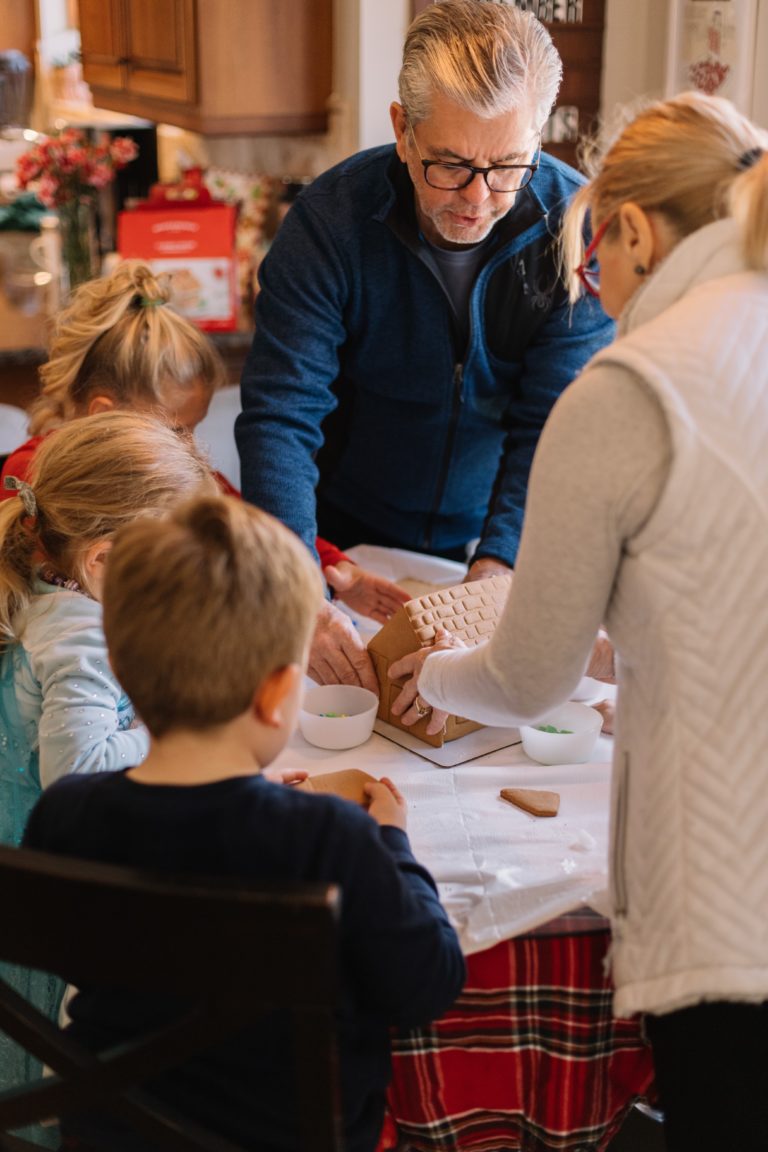Family Storytelling
Children are born into storied worlds and begin to talk about the past virtually as soon as they begin talking. How do these stories develop within families and why do they matter?
Maternal Reminiscing Style
Parents, and especially mothers, begin reminiscing about past experiences virtually as soon as children begin talking. But some mothers are highly elaborative, talking about past experiences in more coherent, detailed and emotionally expressive ways, whereas other mothers are not so elaborative. Children of more elaborative mothers develop better narrative skills, earlier theory of mind (the idea that each of us has a mind, with independent thoughts, emotions and beliefs), a stronger self-concept, and better emotional regulation. Children learn to frame and narrate their personal past through maternally guided reminiscing conversations, and this provides a foundation for how children come to understand themselves, others, and the world around them.
- Fivush, R., Haden, C. A., & Reese, E. (2006). Elaborating on Elaborations: Role of Maternal Reminiscing Style in Cognitive and Socioemotional Development. Child Development, 77(6), 1568-1588.
- Fivush, R. (2019). Sociocultural Developmental Approaches to Autobiographical Memory. Applied Cognitive Psychology, 33(4), 489-497.


Intergenerational Narratives
Families reminisce together throughout childhood. Family reminiscing may become especially important during adolescence when children begin to form their own independent identity, questioning who they are and who they want to be. Elaborative family reminiscing about the shared past (e.g., a family vacation or holiday) has positive adolescent outcomes, but more importantly we have discovered that family stories about the intergenerational past, stories about the parents growing up, are uniquely related to multiple aspects of positive adolescent development. Adolescents who know more family stories and tell more coherent and elaborated intergenerational narratives show higher identity exploration, higher self-esteem, lower depression and anxiety, and a higher sense of meaning and purpose in life than their peers.
- Fivush, R. (2008). Remembering and Reminiscing: How Individual Lives are Constructed in Family Narratives. Memory Studies, 1(1), 49-58.
- Fivush, R., & Merrill, N. (2016). An Ecological Systems Approach to Family Narratives. Memory Studies, 9(3), 305-314.
- Merrill, N., & Fivush, R. (2016). Intergenerational Narratives and Identity Across Development. Developmental Review, 40, 72-92.